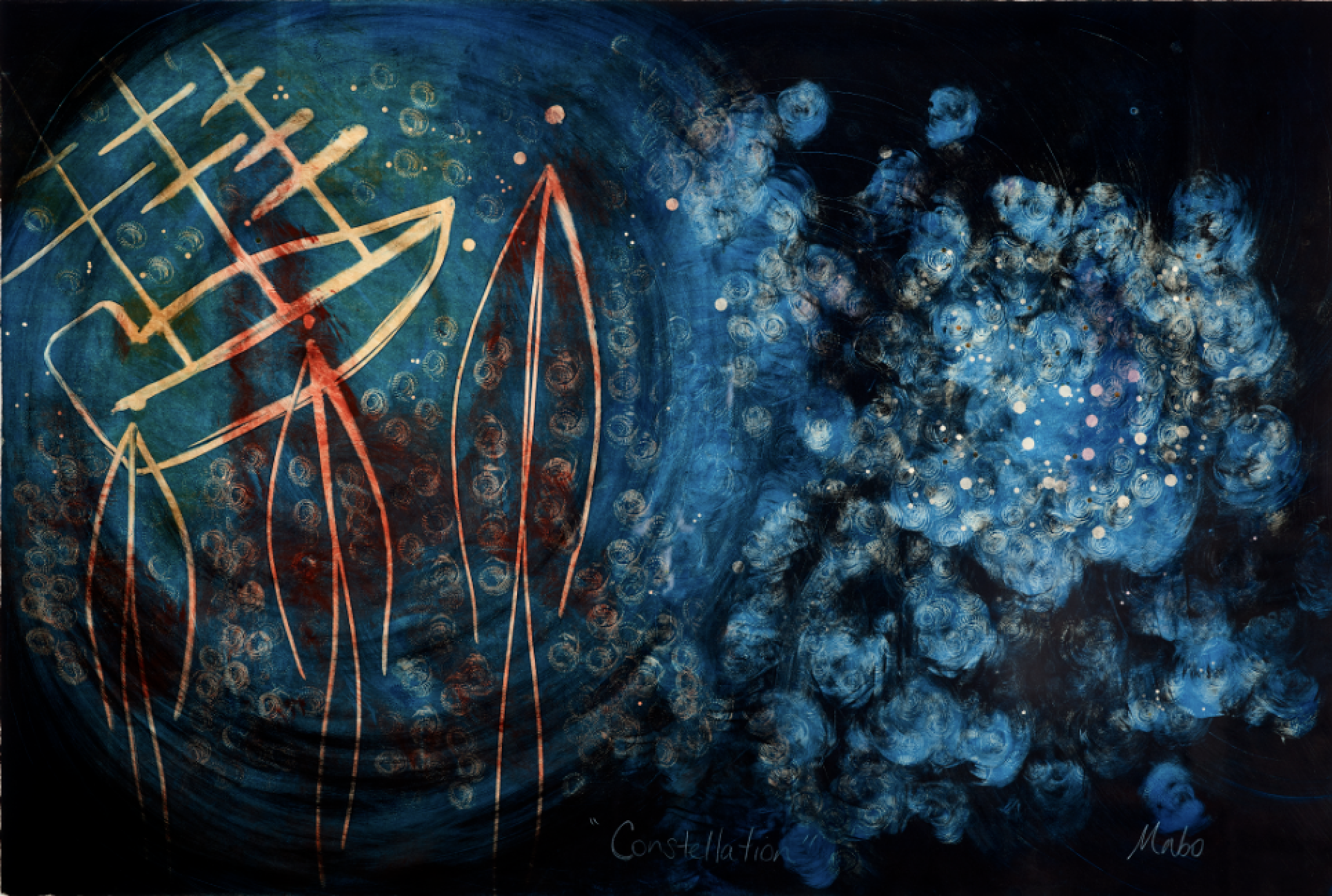Can We Talk About How, Not Just What?
Teaching Australian, Indigenous, and World Literatures in Complex Classrooms
Abstract
The focus in the university literature classroom has typically been on the text, rather than on contexts of learning and teaching. Even debates raised by postcolonial literary studies motivated by the desire to build a more just and equitable society have tended to foreground the content of the reading list. Yet, in complex classrooms riven by the kinds of political differences that reflect increasing polarisation in Australia and elsewhere, careful consideration must be given to how students and teachers are positioned to engage with challenging texts, complex issues, and each other. In this essay, students and their lecturer offer a self-reflexive analysis of their experiences in a postcolonial literary studies classroom that shifted online during the COVID pandemic, in a regional university geographically situated along the fault lines of what Mary Louise Pratt identified in 1991 as a “contact zone.” In their reflections on their extraordinary learning journey together, they describe a class that focused as much on latent interpersonal dynamics between them as readers and co-learners as on the Australian and world literature texts they unpacked together.
Downloads
Published
Issue
Section
License
The copyright for articles in this journal is retained by the author(s), with first publication rights granted to the journal. By virtue of their appearance in this open access journal, articles are free to use with proper attribution in educational and other non-commercial sectors.Attribution-NonCommercial-ShareAlike 2.1 Australia
This work is licensed under the Creative Commons Attribution-NonCommercial-ShareAlike 2.1 Australia License. To view a copy of this license, visit http://creativecommons.org/licenses/by-nc-sa/2.1/au/ or send a letter to Creative Commons, 543 Howard Street, 5th Floor, San Francisco, California, 94105, USA.

